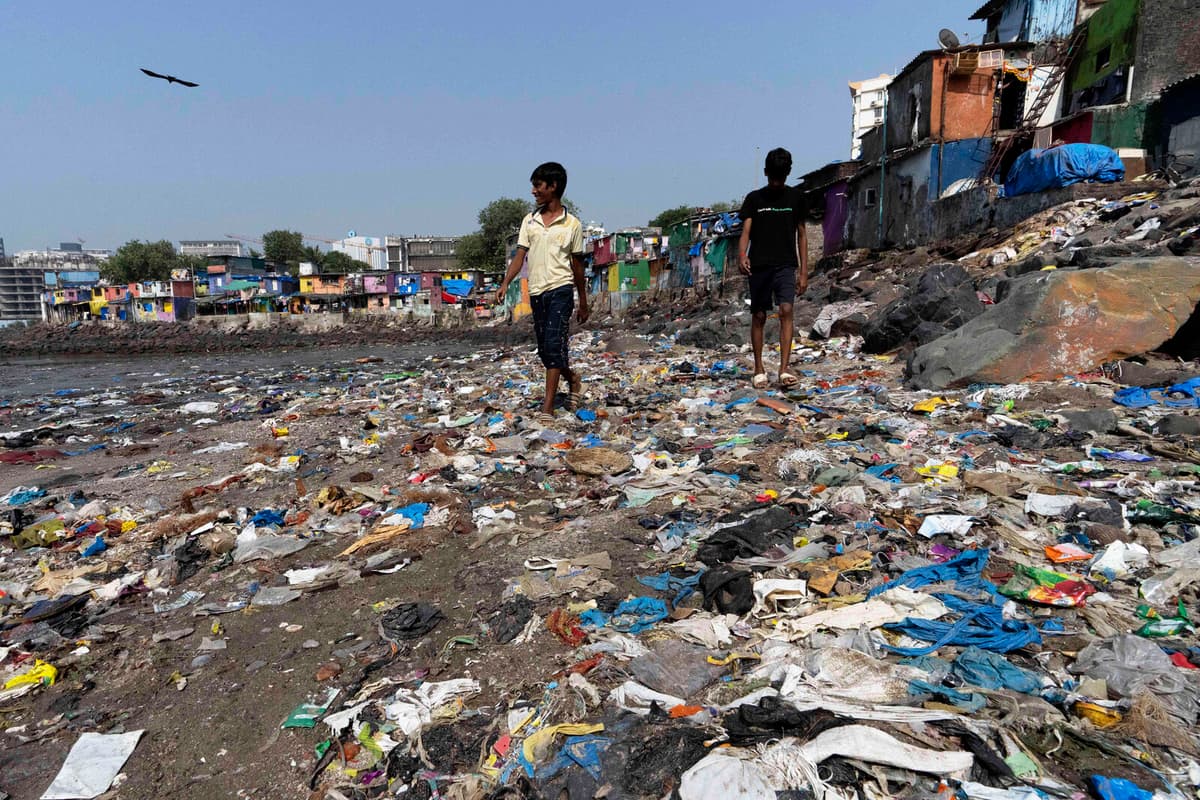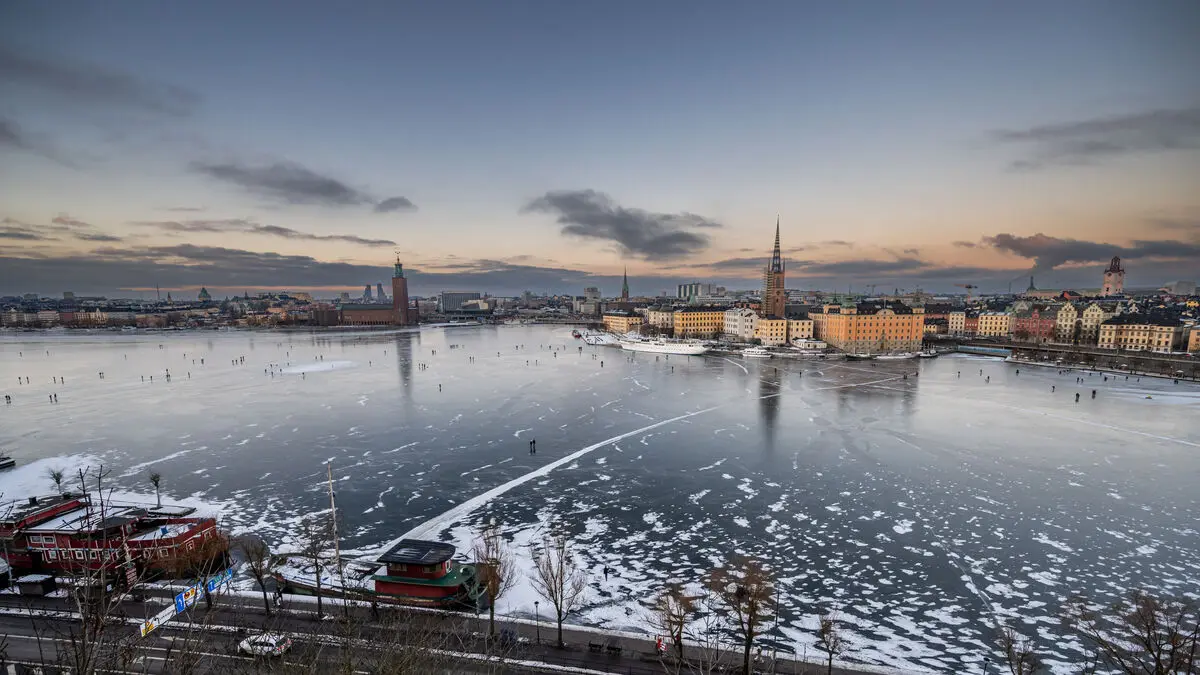There is no doubt that plastic in both large and very small format ends up in places where it does not belong. Littering of the world's oceans and microplastics in the air we breathe are just a few examples.
In 2022, a global discussion was initiated under the leadership of the UN's environmental organization UNEP with the aim of uniting the world's countries in agreements on, among other things, production, recycling, and waste management. The fifth and planned final meeting took place in South Korea in December 2024 but stalled. Now the negotiations are being resumed this week in Geneva.
Bethanie Carney Almroth, professor at the Department of Biology and Environmental Science at the University of Gothenburg, is on site as an expert at the meeting.
The most important purpose is to protect the environment and humans and put an end to plastic pollution without creating new problems, she says.
Varying ambition
One of the biggest challenges is that different countries have different levels of ambition. A hundred nations want an agreement that regulates everything from production and plastic chemicals to recycling and waste management.
Several oil-producing countries, such as Saudi Arabia, Russia, and Iran, want the meeting to instead focus on taking care of the waste that arises and receive backing from various industrial lobbyists.
There are countries that want to remove production from the agreement. But the research community and many others are completely agreed that if we do not regulate production, the amounts of plastic in the environment will continue to increase. It is not enough to just regulate other parts of the life cycle, says Bethanie Carney Almroth.
Another stumbling block is that the world's countries have not agreed on how the agreement should be voted through - by majority or by consensus.
In December, it was consensus that applied, which means that a single country can block a decision by saying no.
Powerful rich
Just like in many global negotiations, there is inequality between countries with large and small economic power. Large countries like the US and China, but also Sweden, have their own experts who sit in the decision-making negotiations, while smaller nations do not have that opportunity.
They are more dependent on us researchers, but we can be excluded from certain meetings, which reduces our ability to review facts in texts and provide feedback to those who will negotiate. It risks becoming a democratic imbalance, says Bethanie Carney Almroth.
Industry is also constantly present and monitors its interests through lobbyists. Bethanie Carney Almroth has herself witnessed how she is subjected to pressure and accused of spreading false information.
She says she is nonetheless a "realistic optimist" ahead of the week.
We are many who have worked hard for it to become as effective an agreement as possible. We can contribute with knowledge and evidence, but in the end, it is up to the decision-makers.
Petra Hedbom/TT
Fact: Tripled plastic production
TT
The global production of plastic is around 400 million tons per year. Projections indicate an increase of 300 percent by 2060 if nothing is done.
Only 10 percent of all plastic is recycled globally. Since many plastics are durable, they can remain in nature for decades.
About 80 percent of all plastic that has been produced is estimated to be present as pollutants in the world.
Every year, around 10-12 million tons of plastic waste end up in the oceans. The air is also affected when around 57 percent of plastic waste is burned. Just over 40 percent of plastic waste is placed in landfills or dumped in the environment, which affects both the environment, animals, and nature.
Plastic production is energy-intensive and most plastic is manufactured using fossil fuels.
The research community agrees that even if all plastic production were to stop today, the plastic that has already been produced would continue to break down into micro- and nano-plastics and infiltrate the environment.
Source: The Swedish Environmental Protection Agency, The Lancet Countdown on health and plastics






